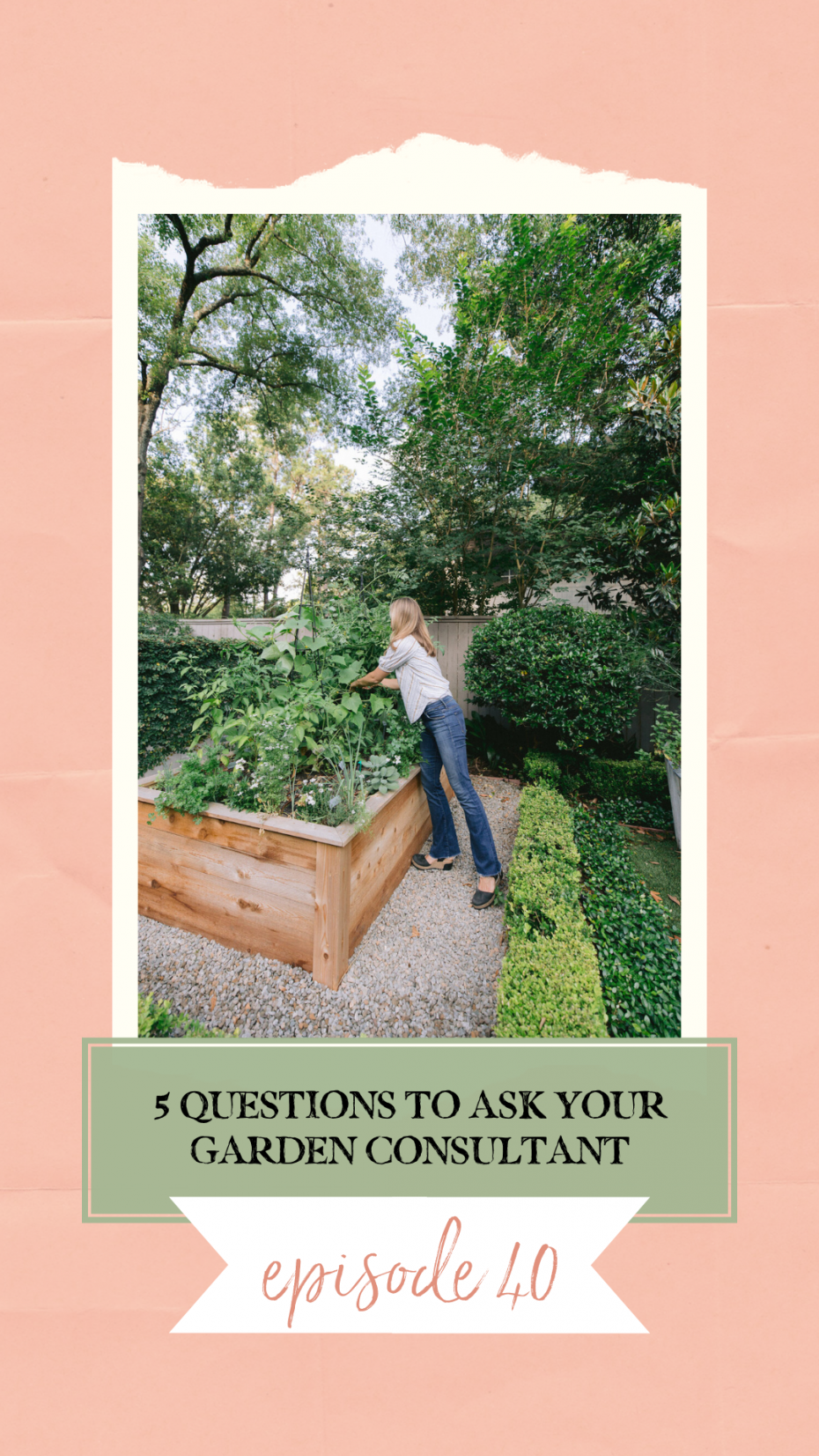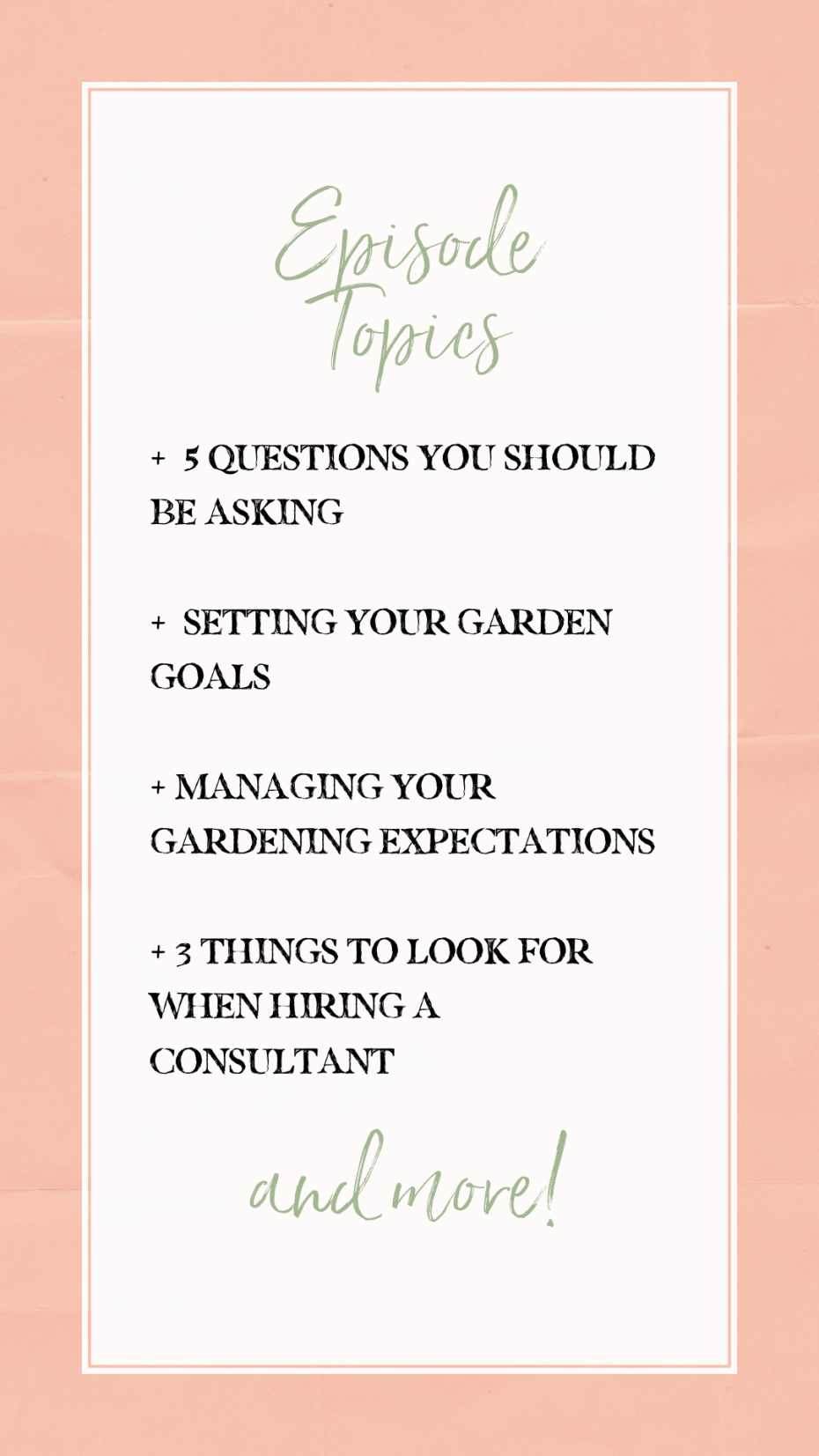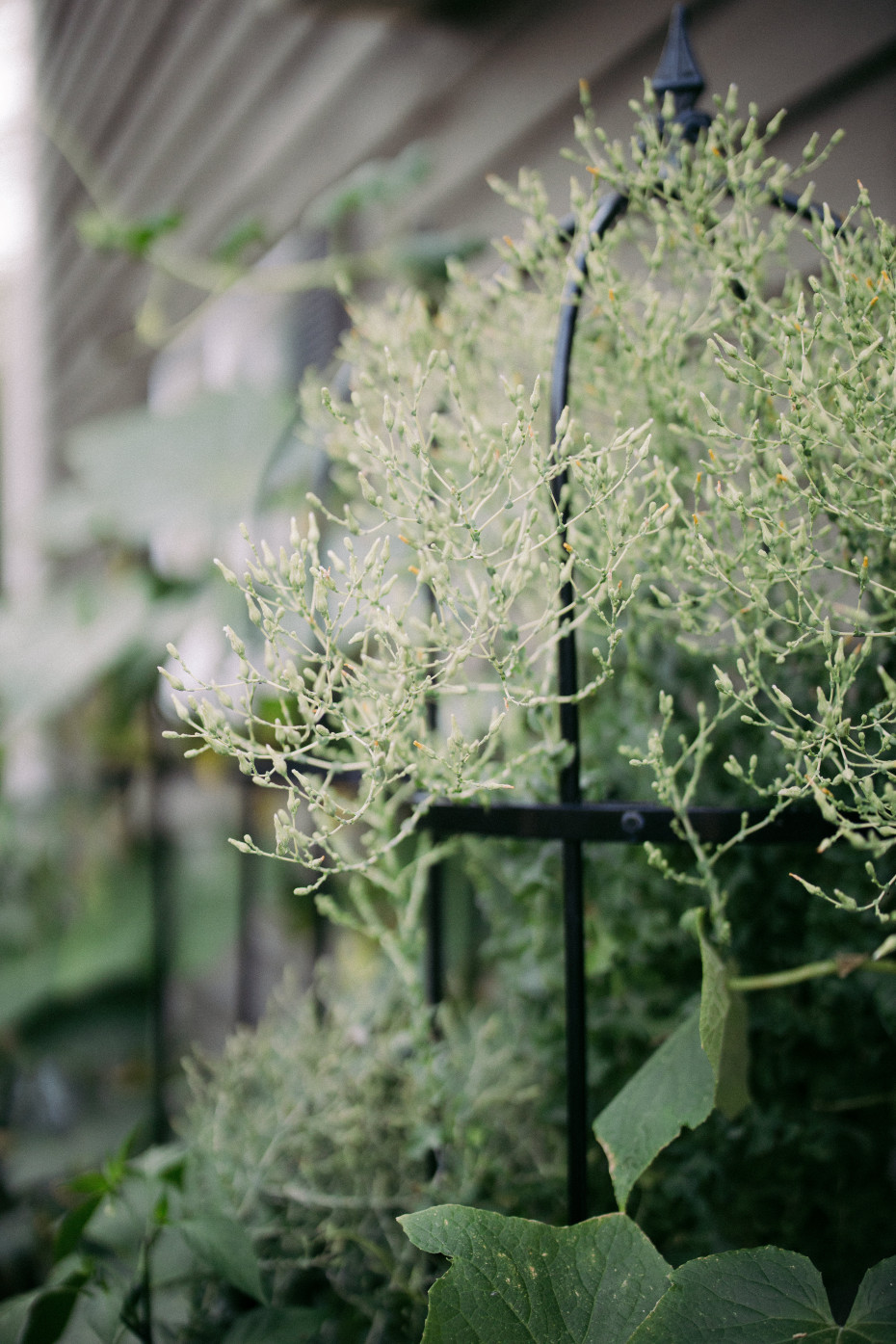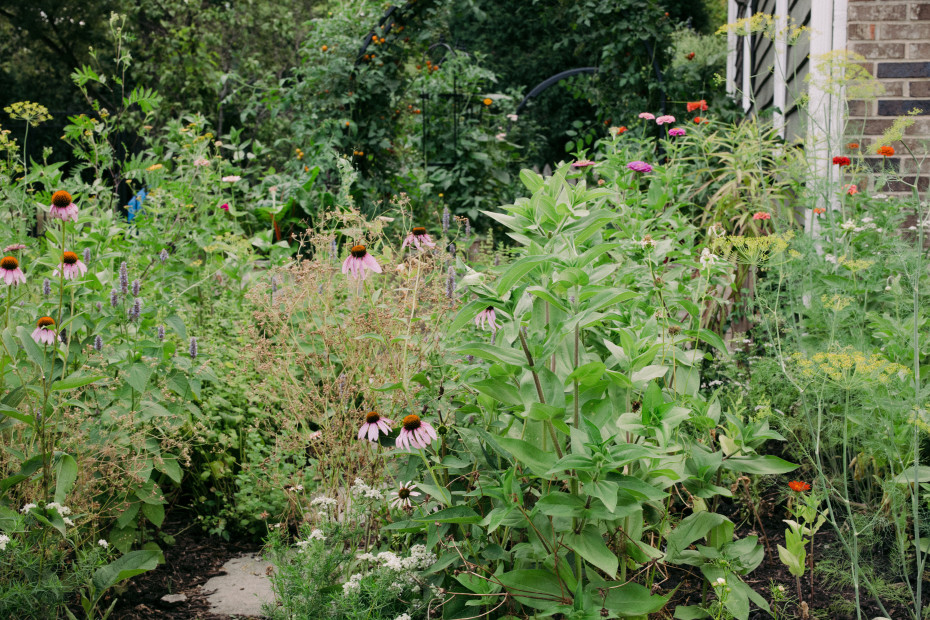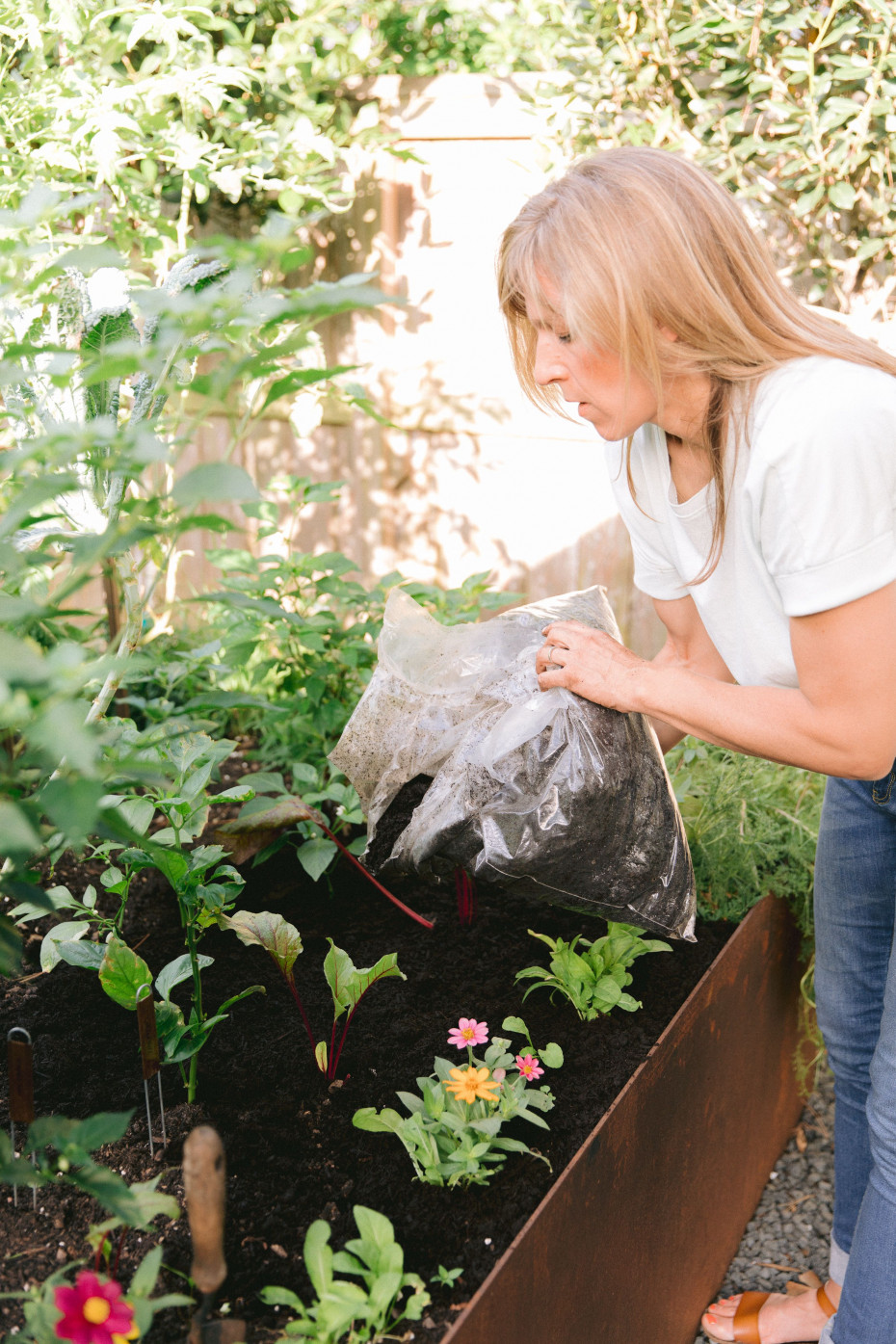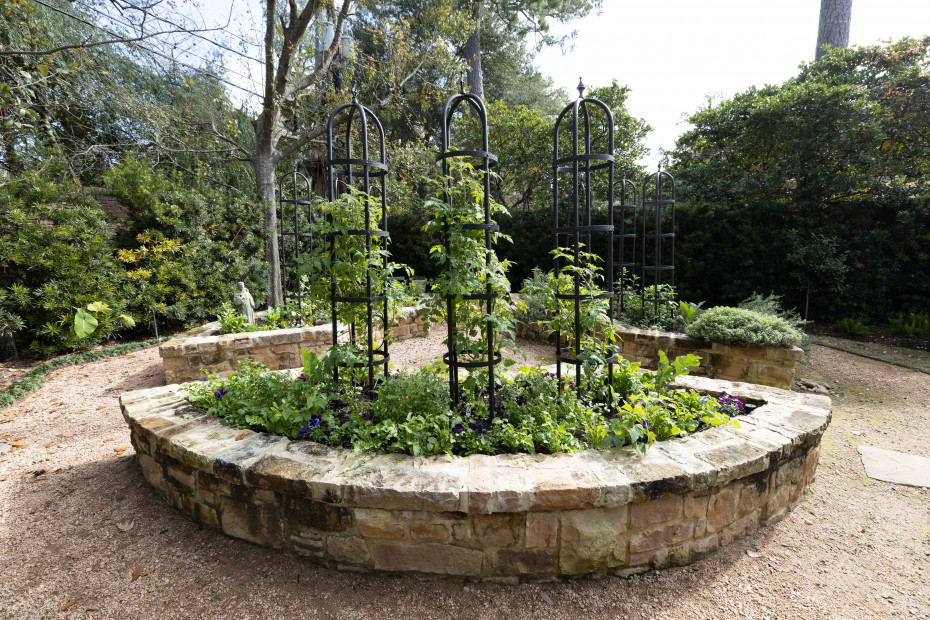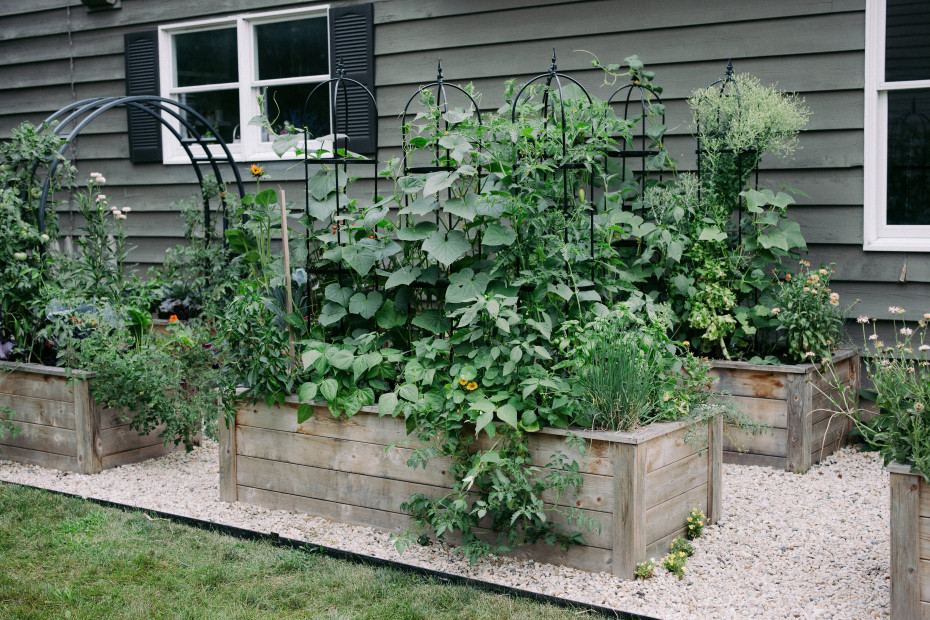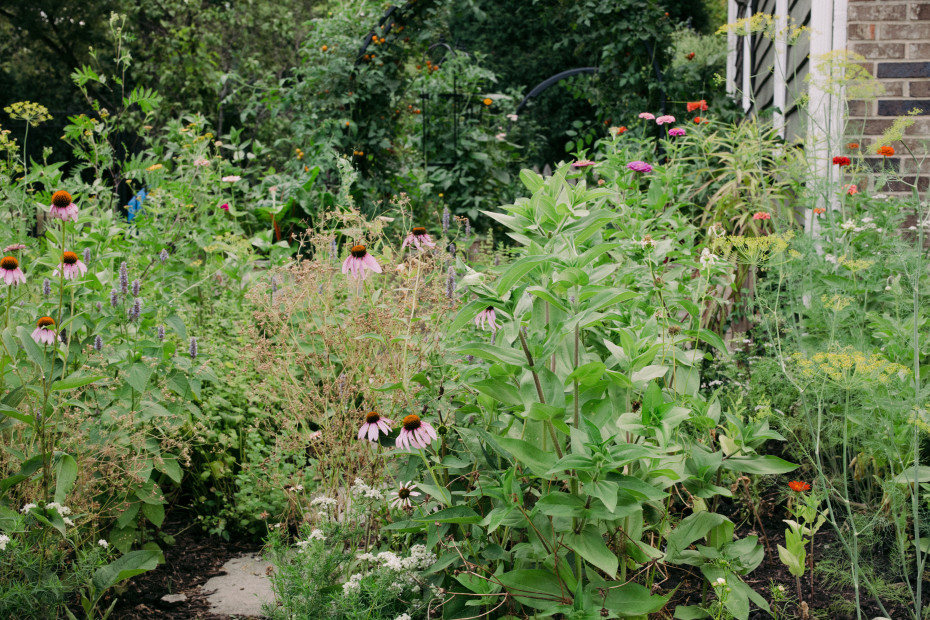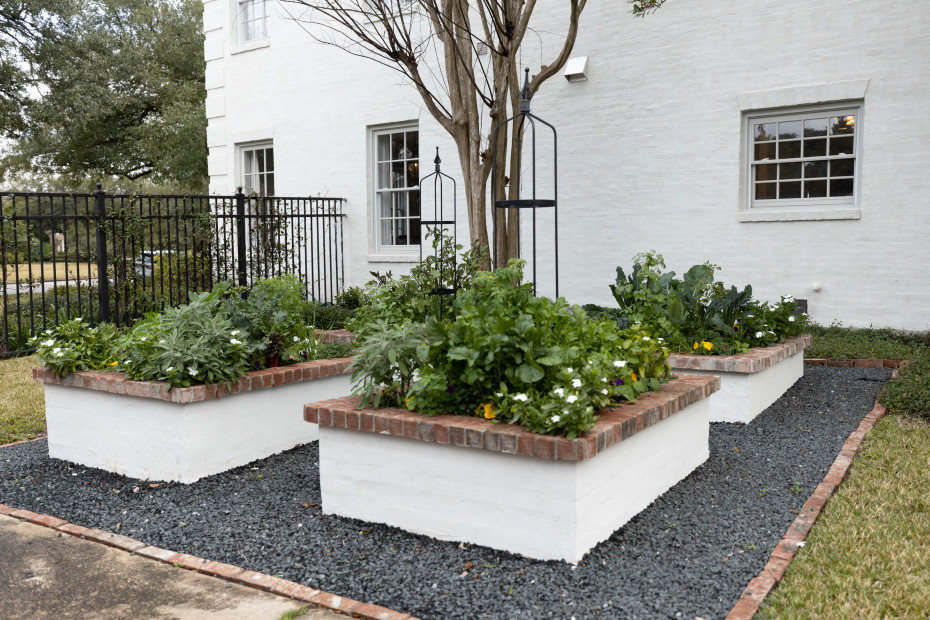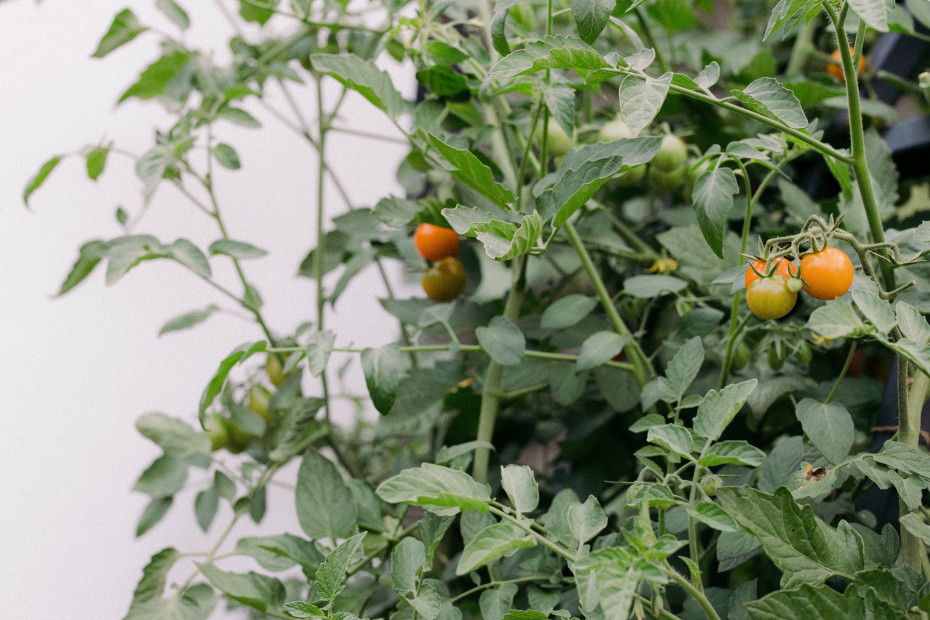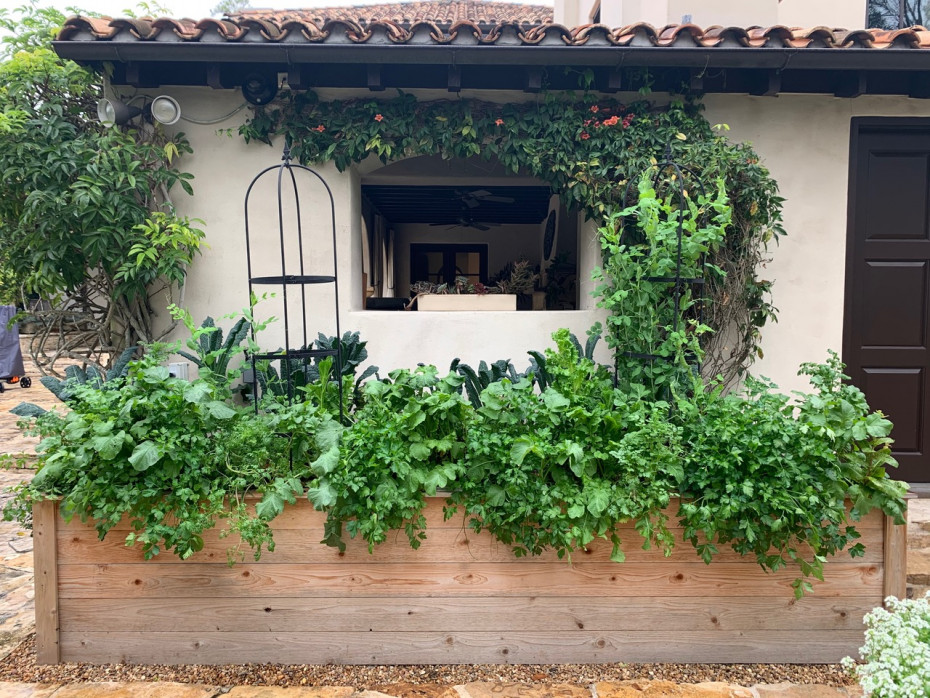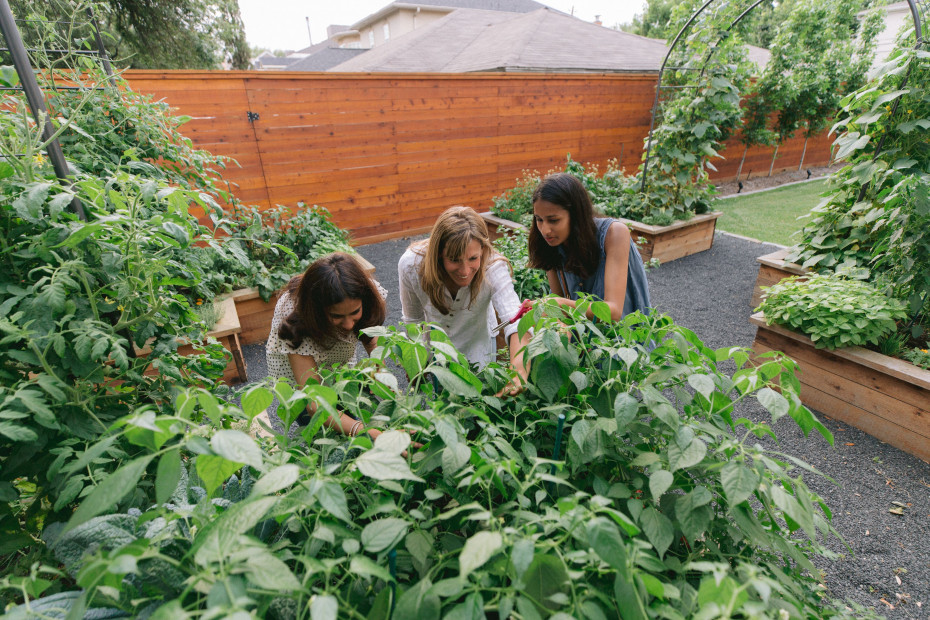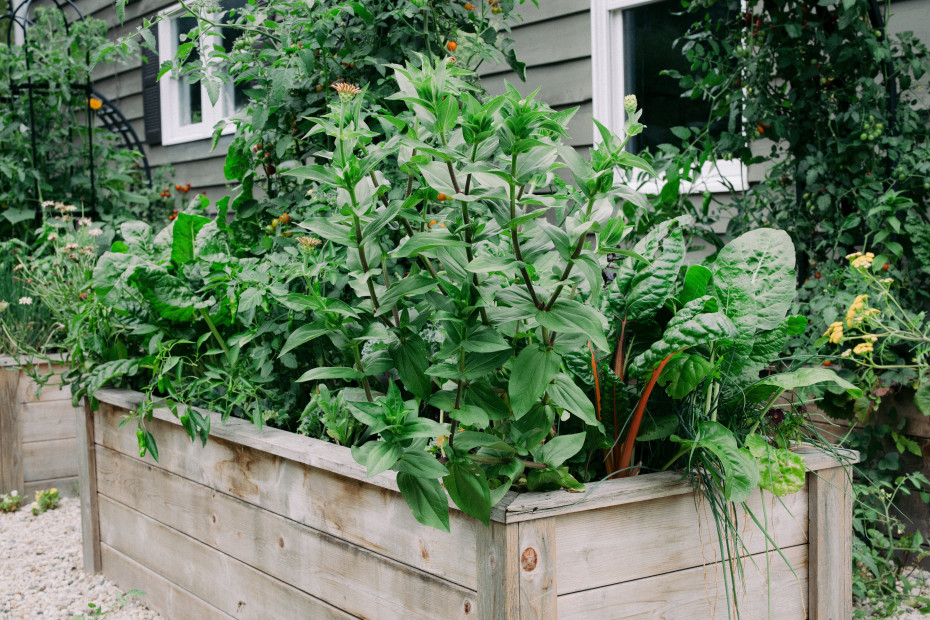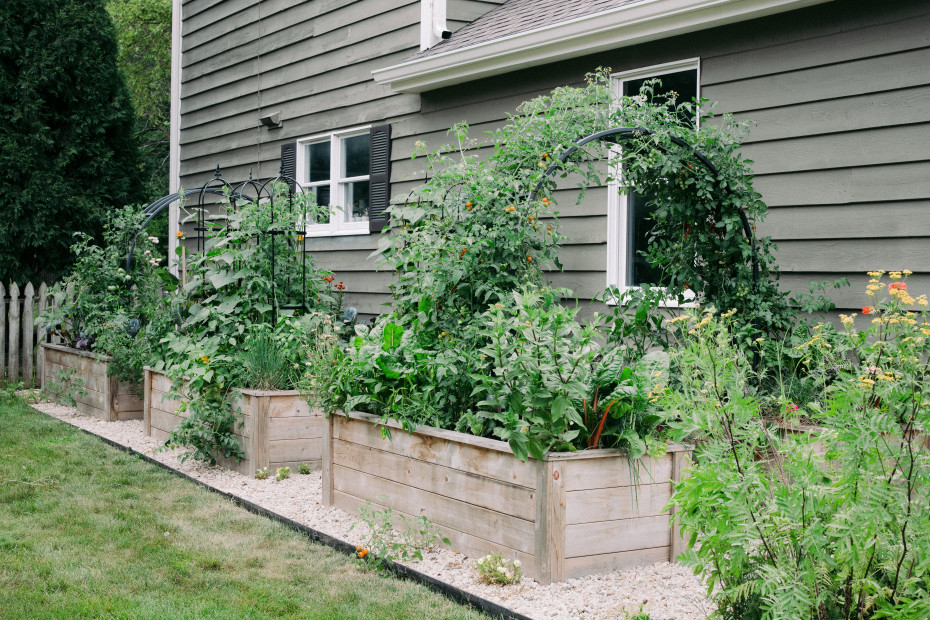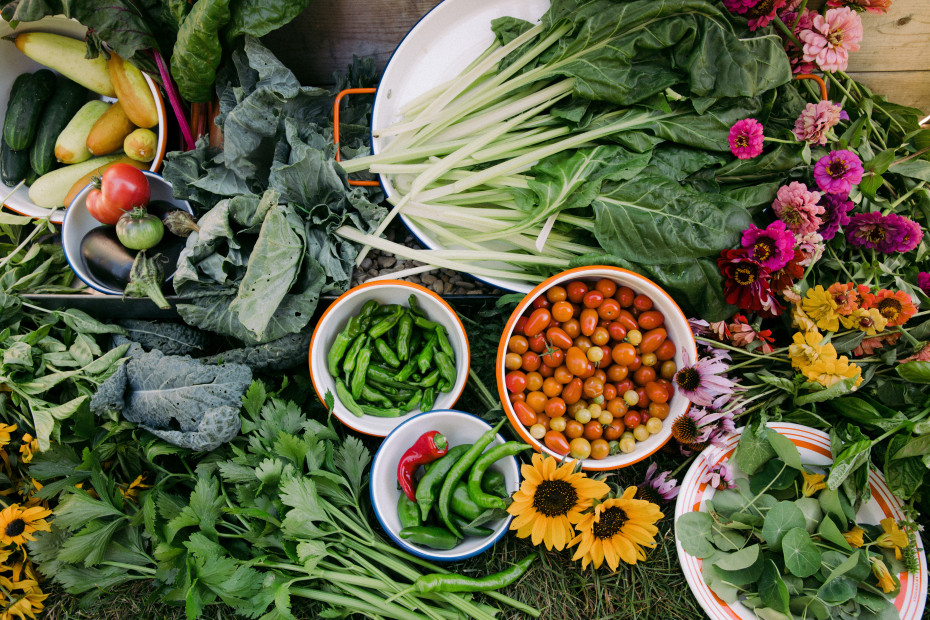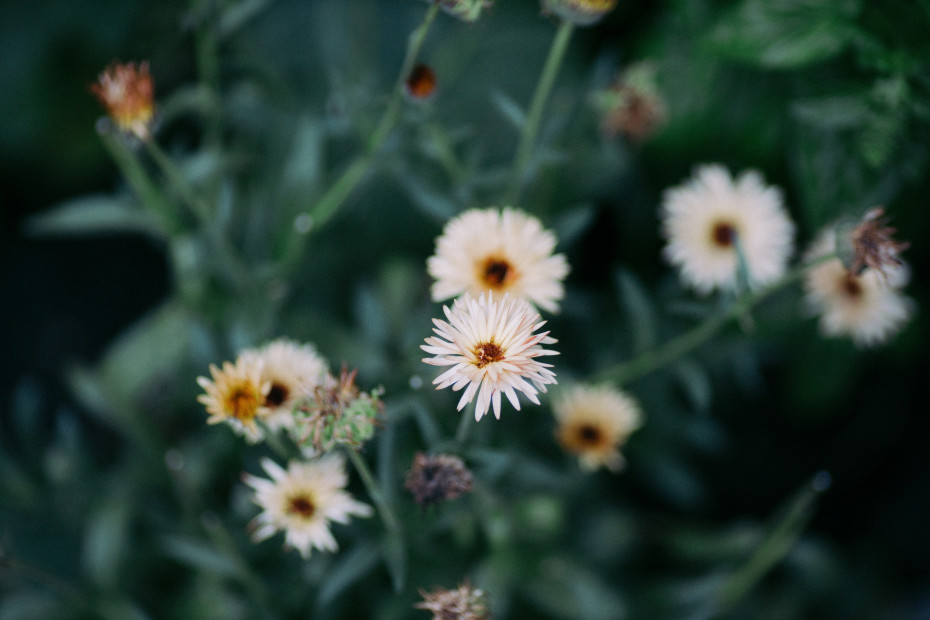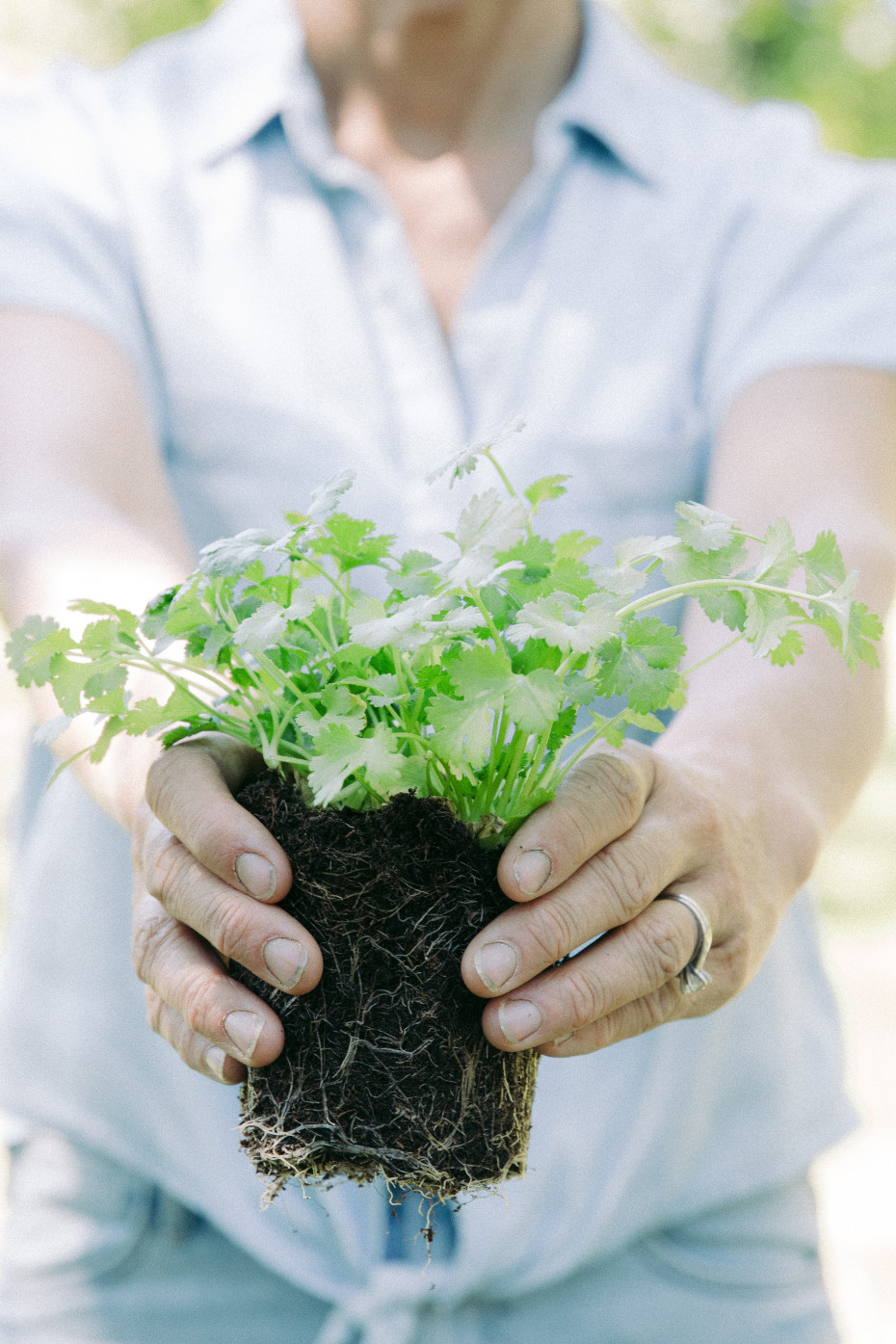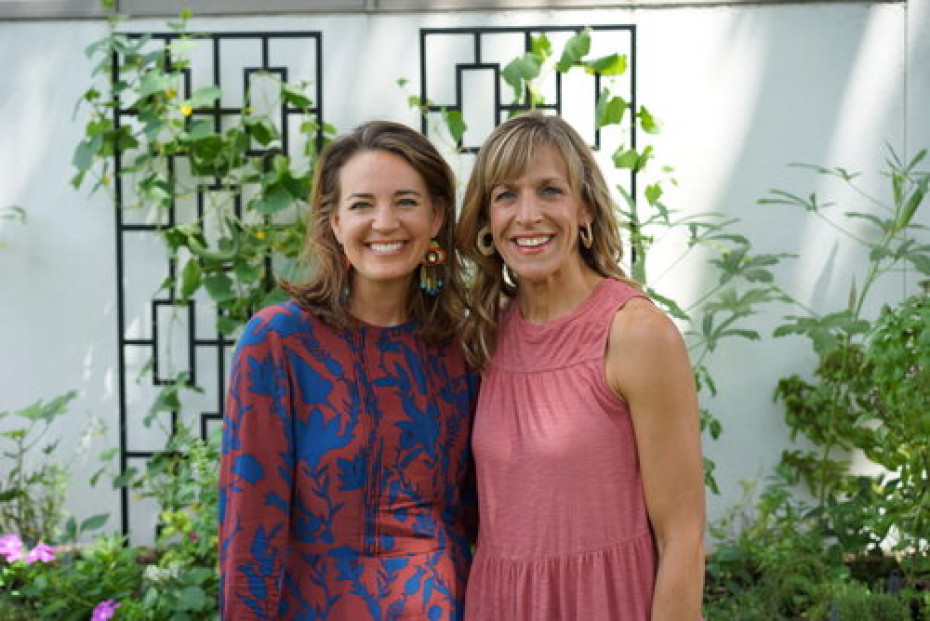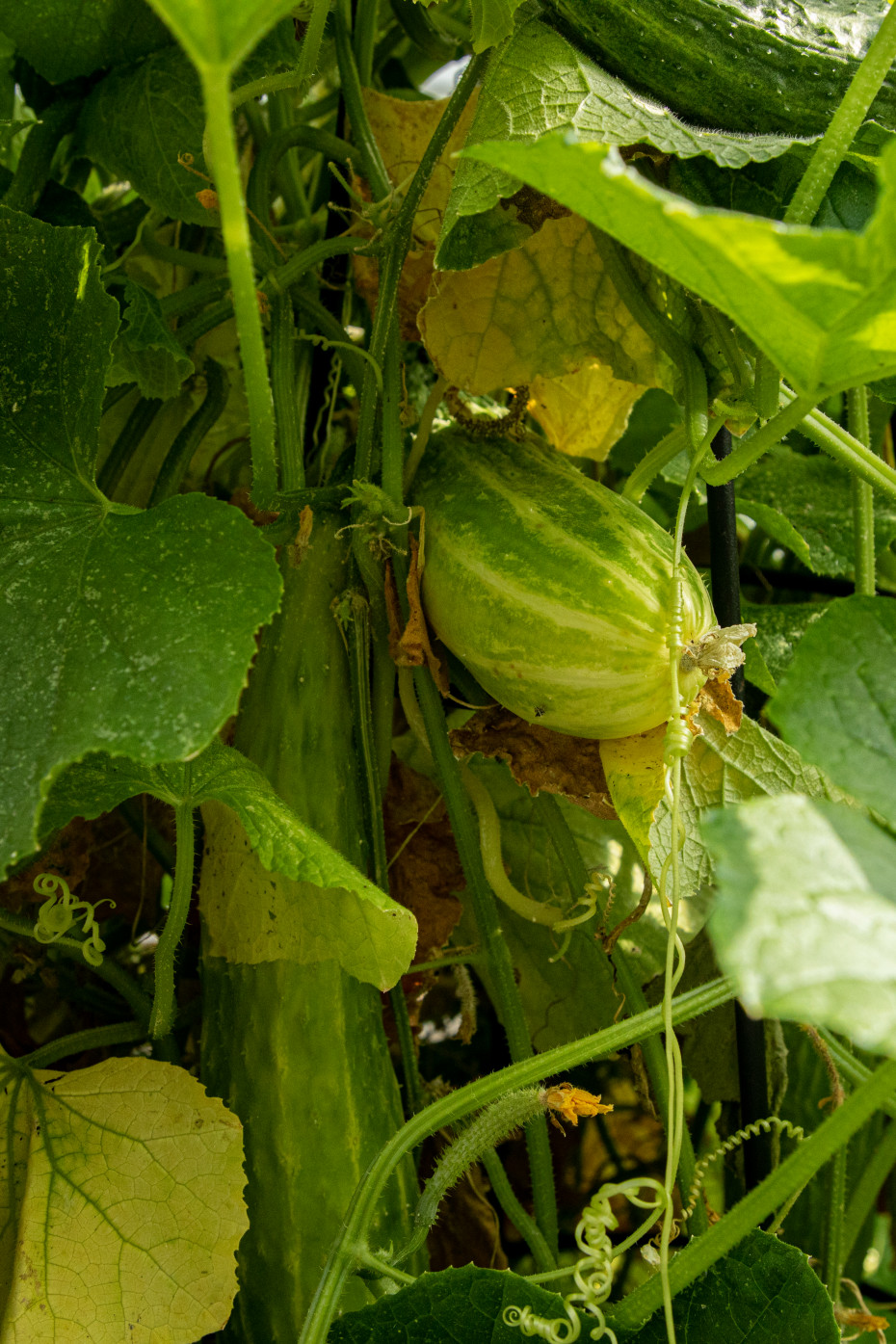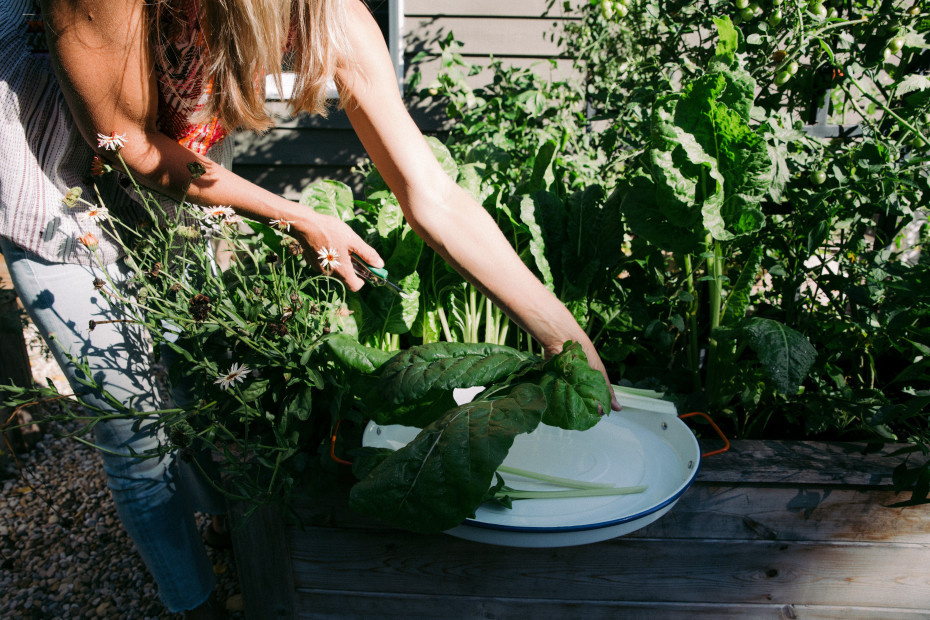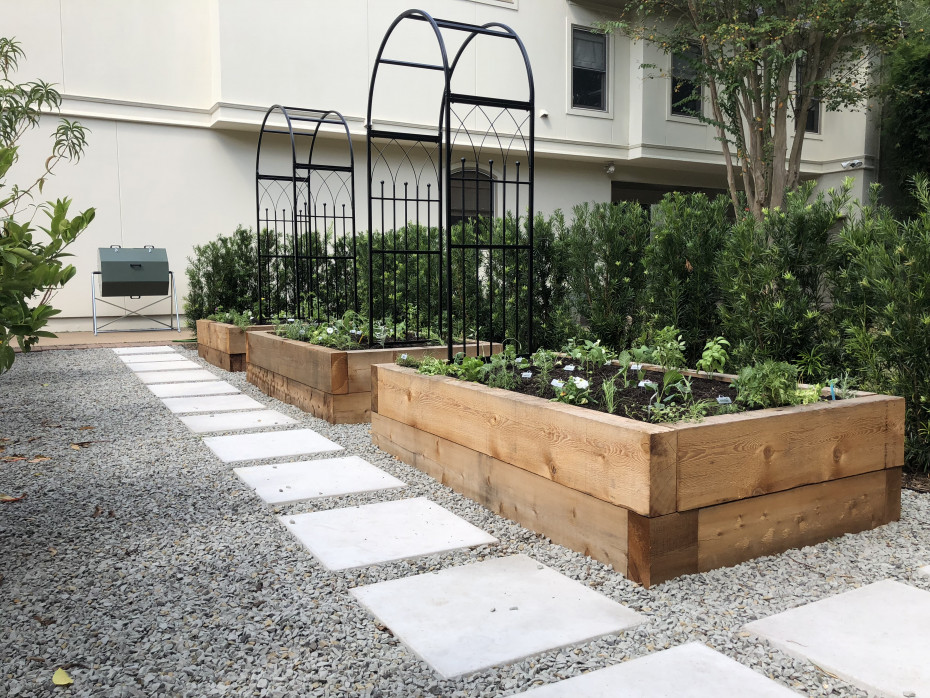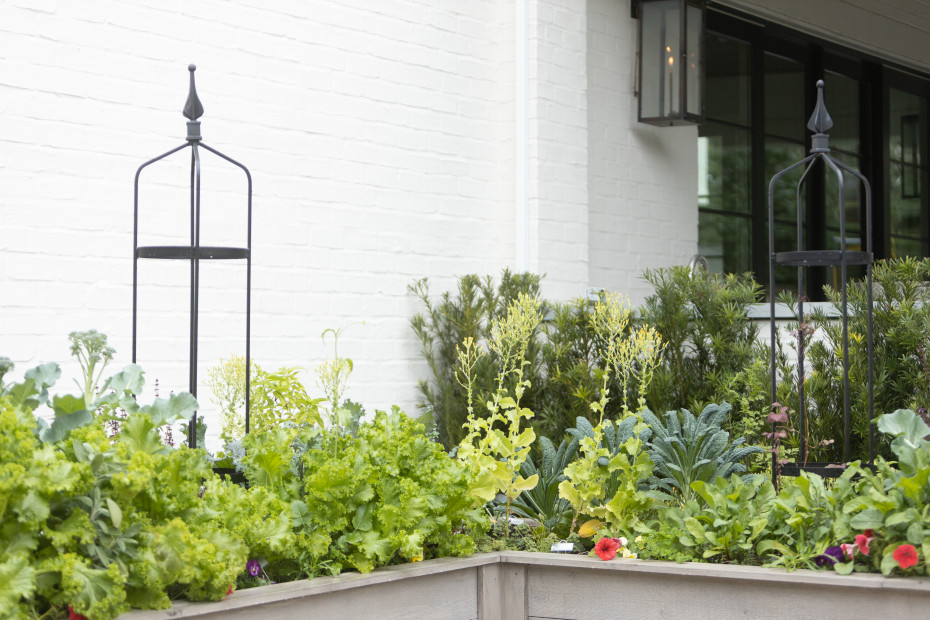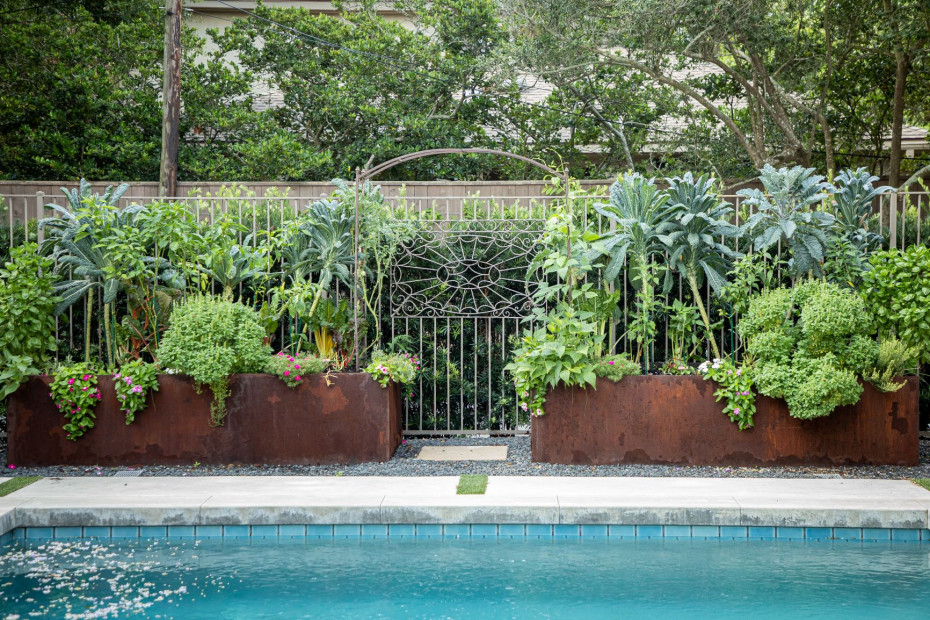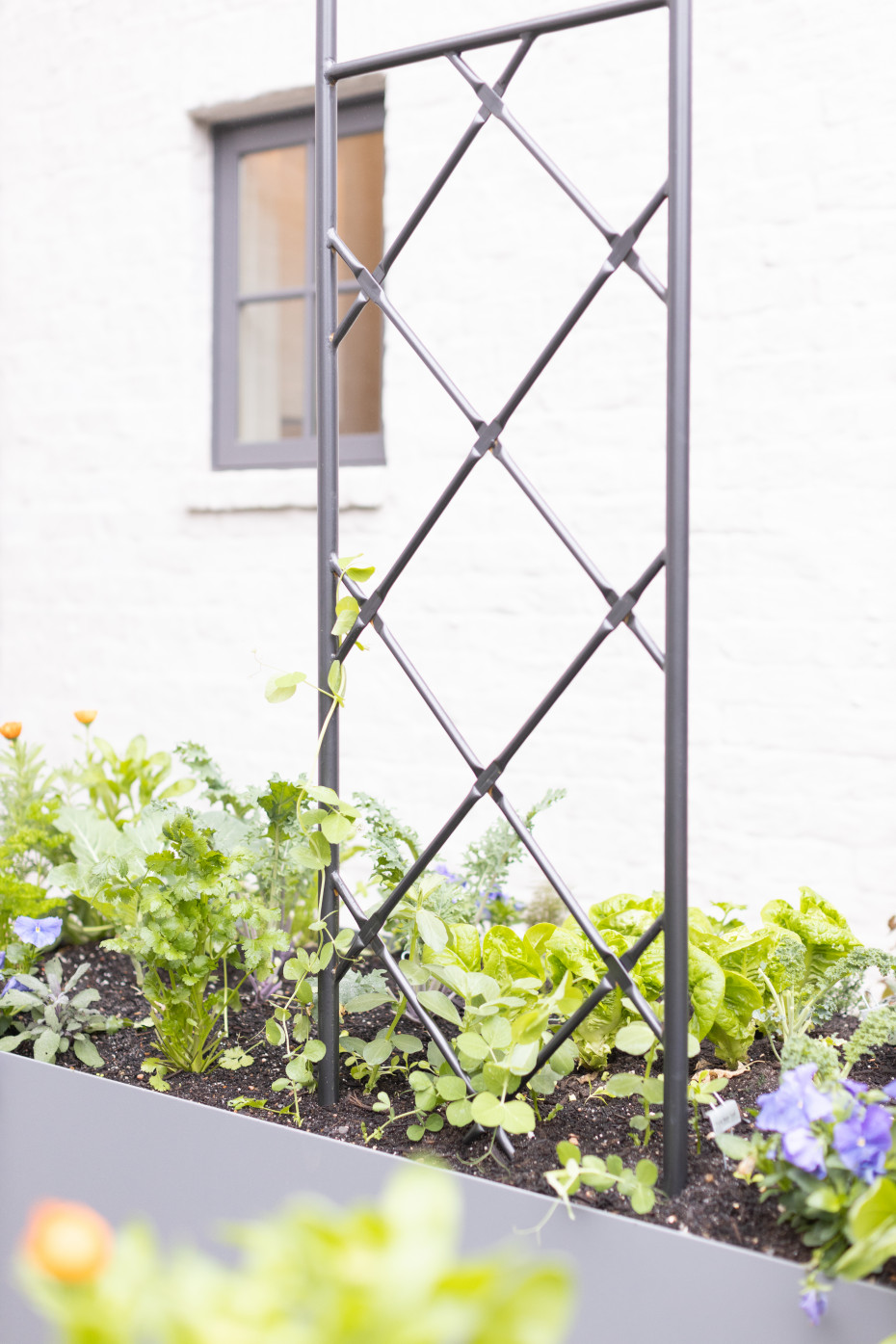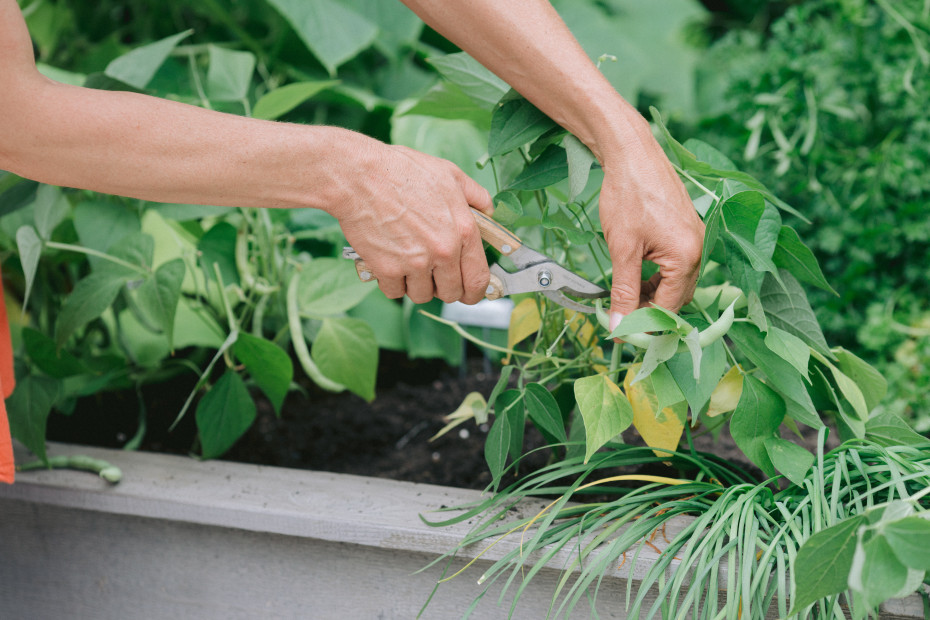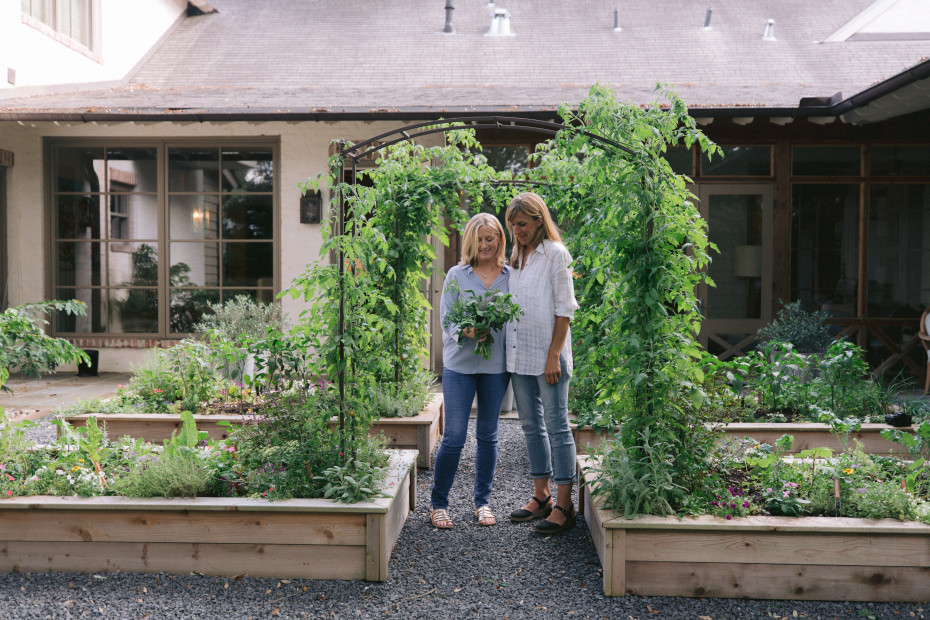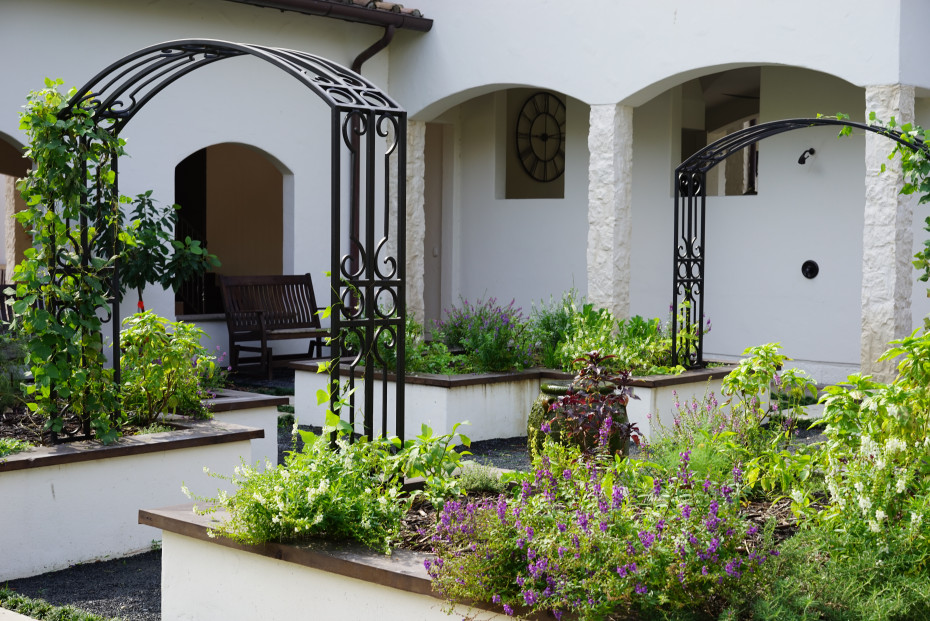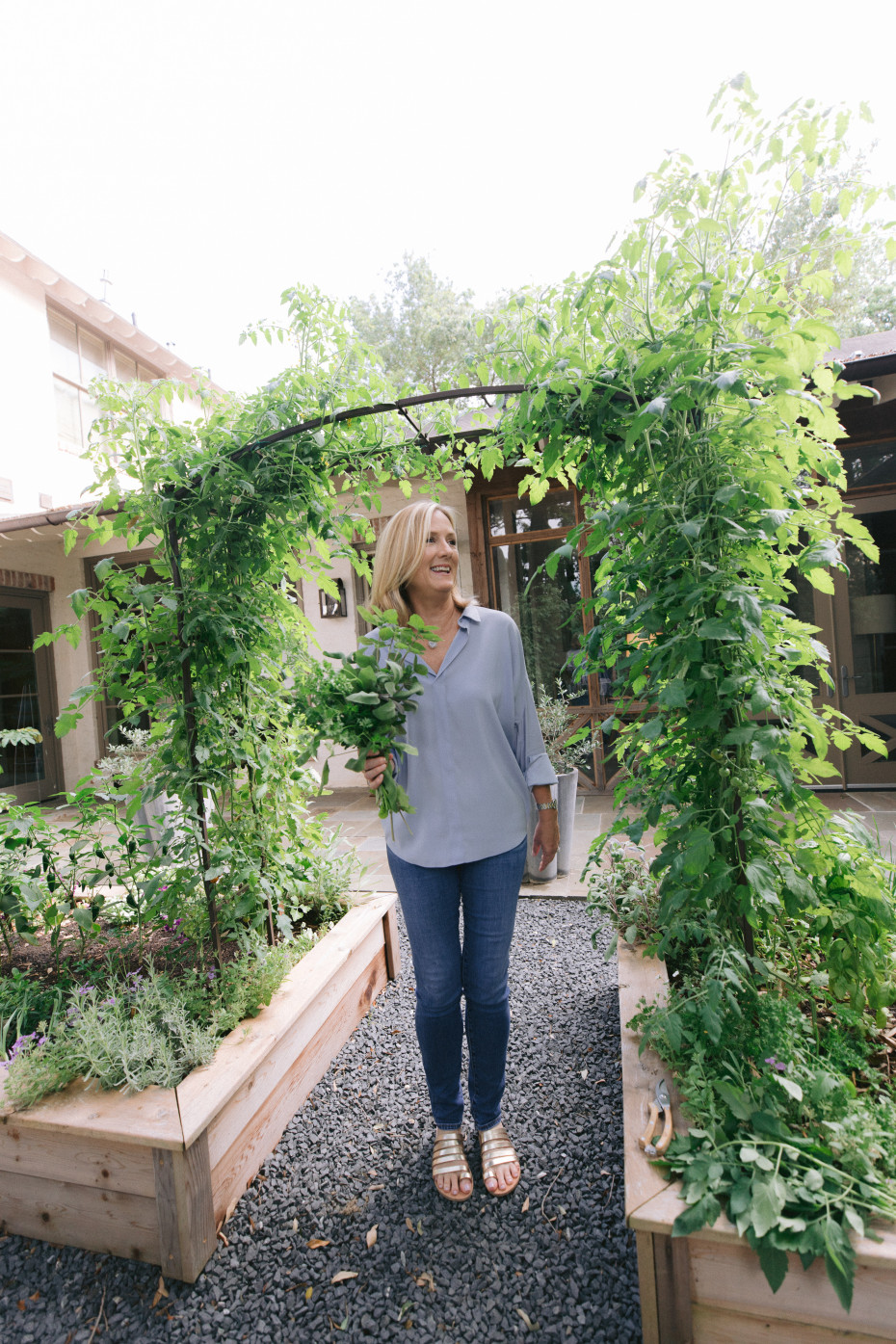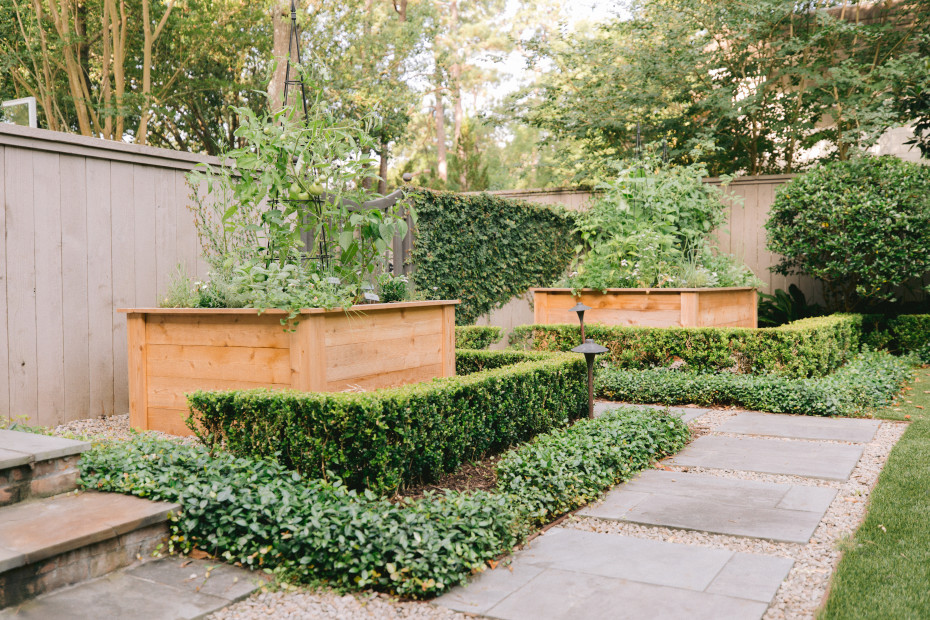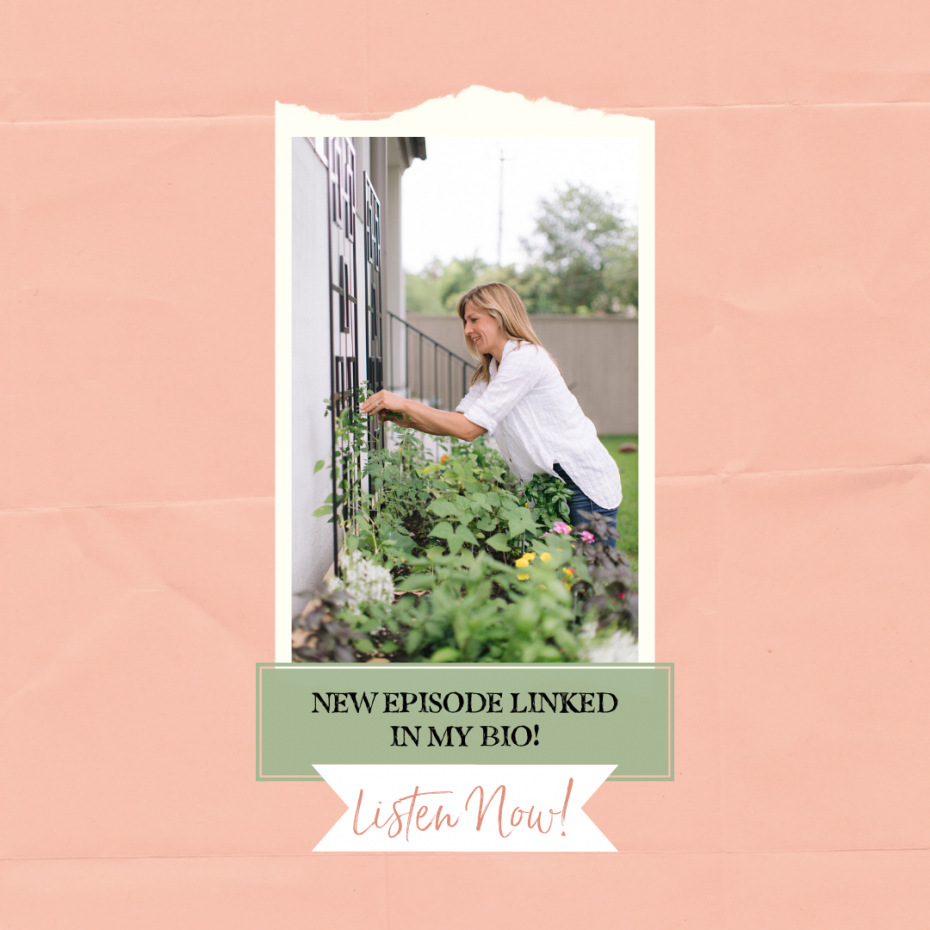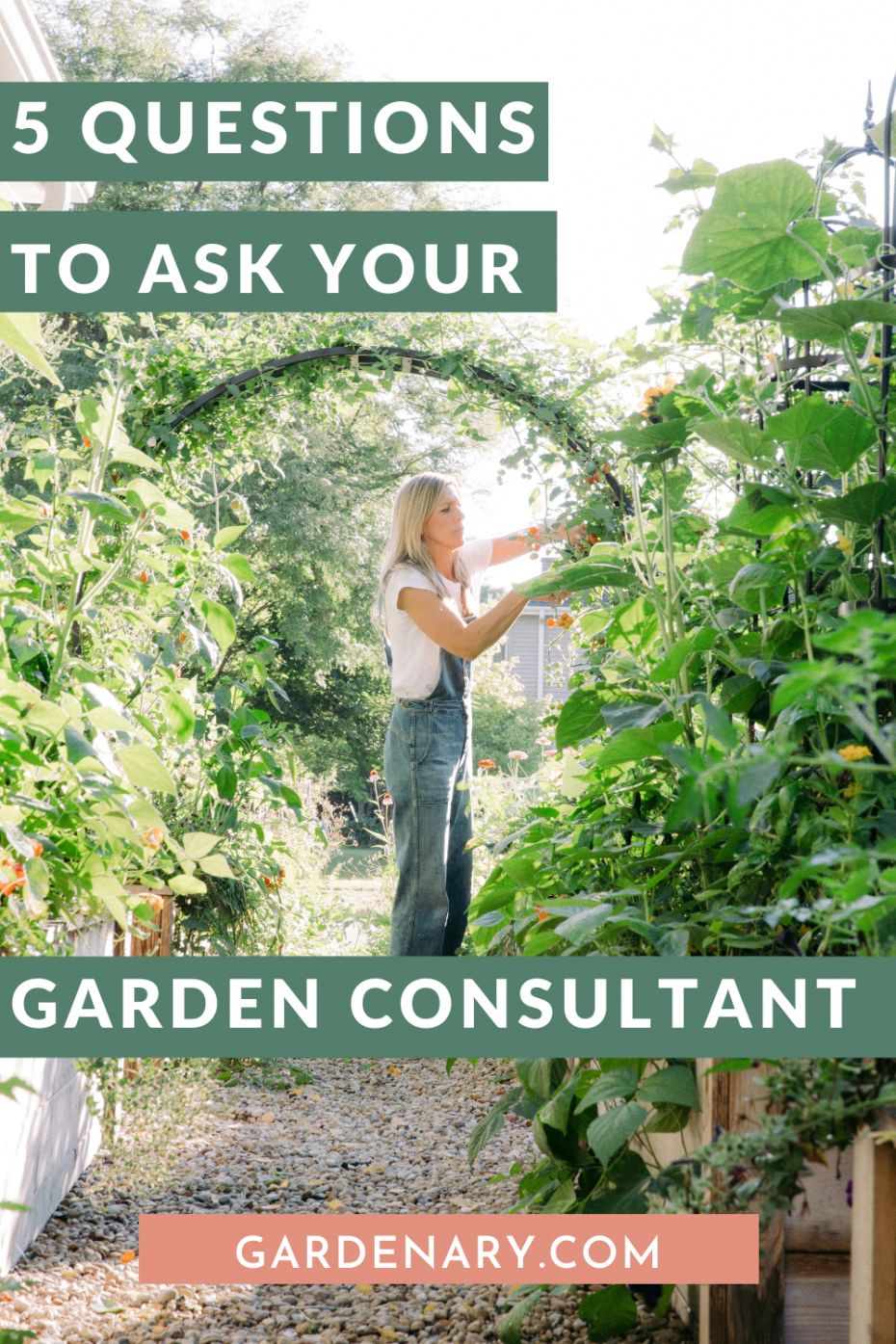Hello there and welcome back to the Grow Your Self podcast!
What five questions should you ask your garden consultant when she or he is consulting with you?
That's what we're going to dive into on today's episode of the podcast. Garden consultants are my jam. They are my thing. I am a garden consultant and I train garden consultants and you might be asking, “What is a garden consultant, Nicole?”
We're going to dive into the subject of garden consulting and I'm going to teach you five things that you should ask when you meet with your garden consultant. You didn't think you needed a garden consultant? Didn't even know there was such a thing? Well, you're going to find out all about it today on Grow Your Self. I can't wait to dive into this fun episode with you.
The Grow Yourself Podcast Brought to You by Garden Coach Society
We're on Episode 40 of this podcast and, of course, this episode is brought to you by Garden Coach Society. We are actually right in the middle of recruiting our final class of garden coaches and consultants for 2020. If you haven't yet found out more about the society, you can find more about it today at gardenary.com/blog. And we're actually right in the middle of our garden coach challenge, so you can jump in. You're about three days late at the time of this recording, but better late than never.
That's what we say. Go to gardenary.com/challenge and you can find out all about it because maybe you want to become a garden consultant, especially after you hear today's episode. Enough of the jibber jabber, let's dive into today's episode, 5 Questions to Ask Your Garden Consultant.
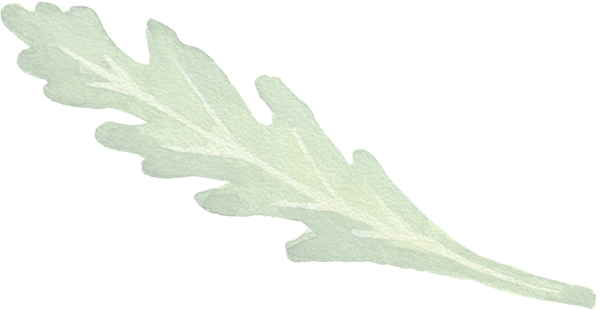

Turn Your Experience Into a Profession
In this free and fun FIVE DAY Challenge, you'll discover how your own unique experiences as a gardener and as a person add up to make you the ideal Garden Coach for your community.
Welcome To The 40th Episode of the Grow Yourself Podcast
Welcome back to Grow Your Self, friends. Thank you so much for listening in and joining me. We are on Episode 40. What in the world? How did we make it to 40 episodes? That means we are pretty far into the year and right on time, I guess, because we're in quarter four now of the year.
Three more months, people, of 2020. We are going to make it through this year together. I have really enjoyed being with you all year long. I've loved talking with you in this new way. Thank you to all of you who listen. Thank you for leaving a review.
Five Questions to Ask Your Garden Consultant
If you haven't yet, please leave a review and send me a screenshot @gardenaryco on Instagram. I'd love to shout you out and share your review with our Instagram people. Thank you for doing that as you know social proof is a thing and so every time you share your review and your thoughts about the podcast or anything that we do, it's so powerful to encourage other people to give it a listen or a try. Thank you, friend, for your support.
Today, we're going to talk about five questions to ask your garden consultant. If you've been around Gardenary for a while, you know that we are on a mission to flip the garden industry. Currently, the garden industry is pretty much all about product. Product, product, product. There's an episode I did earlier this year called, The Problem with The Plant Store, and we dive into this issue there where I talk about the fact that most people start their garden venture at the store, rather than with knowledge and with people.
What we're trying to do at Gardenary is flip that so that instead of starting at the store, you start with a person. A person who knows how to garden and who particularly knows how to garden in your area. That's our mission at Gardenary: flip the industry and put people over products. We think product is the very last thing you should go after in your garden. There's so much to do beforehand and if you start with the people part and not the product part, you're going to have so much more fun. So much more power.
What Should I Say?
Let's get into it. You're meeting with your garden consultant and what are you going to ask them? Sometimes, I try to get my kids to go knock on a friend's door and get somebody to play with them or give them a call or reach out to their friends and they say, “I don't know what to say, Mom. I just don't know what to say.” Sometimes we don't try things or go for things because we don't know what to say.
Today, I'm going to tell you what to say when you set up your garden consultant appointment.
As you guys know, my first business Rooted Garden is still running and doing awesome in Houston, Texas. We are celebrating our five year anniversary this month, which is crazy, and Rooted Garden was set up entirely around the idea of garden consulting. I was a self-declared garden consultant back in October of 2015 and since then we have numerous garden consultants that work for us and help people all around their city.
So fun. I'm going to be drawing from my experience as a garden consultant and our other Rooted Garden consultants and then, of course, from all the Gardenary consultants I've trained around the country over the last three years.
What Are The Possibilities In The Kitchen Garden Each Month
The number one question that I want you to ask your garden consultant, someone who's helping you learn to grow in your own space, is: What are the possibilities in the garden each month of the year in my town or city?
What are the possibilities? Because number one, you're mostly going to be influenced by commercials, both on social media or on TV or whatever. And those commercials are set up to be nationwide.
They are not regionally specific, usually, and they're going to have similar messages, which is ‘March is the time to start a garden,’ and, ‘August is a time that the garden is finished.’ I want you to really broaden your perspective and the way to do that is with your garden consultant.
Ask For a Rundown of Planting Month By Month
You want to ask them, “Can you give me a rundown month by month? What can we grow in our area every single month of the year?” and your gardening consultant’s going to know the answer to that.
They're going to outline for you what can happen each month of the year. That means whether you're meeting right now in October or your meeting next spring, or in the middle of the summer, there's always going to be something they can teach you and they can really outline for you what you can grow each and every month of the year in your town or city.
This is one of our primary things we teach with Rooted Garden on our consults, we call it the Four Seasons of Gardening in Houston, but they're very different seasons than spring, summer, fall, and winter. kind of thing.
We walk through what you can grow each three months of the year in Houston and share the possibilities. It's a great way to get a big picture vision of the possibilities in your own garden space and open your eyes to things you probably didn't consider before and help you start thinking and dreaming of what you, in particular, want to grow.
Determine Your Garden Goals
That's number one. Number two, the second question I want you to ask your garden consultant is, “If my goal in the garden is _____ what should be my first step?
Oftentimes when we go to the garden or we think, “I want a garden,” or, “I want to expand my garden,” we rarely take the time to think about our goals. What's the purpose? Why am I wanting a garden in the first place? What experience or what am I hoping to get from it?
Then, what are things I want to pull from the garden, that kind of thing.
Figuring out your goals, your why if you will, before you get started and start buying and digging up and building, is going to set you up for success so much better than just jumping into a design or a plan.
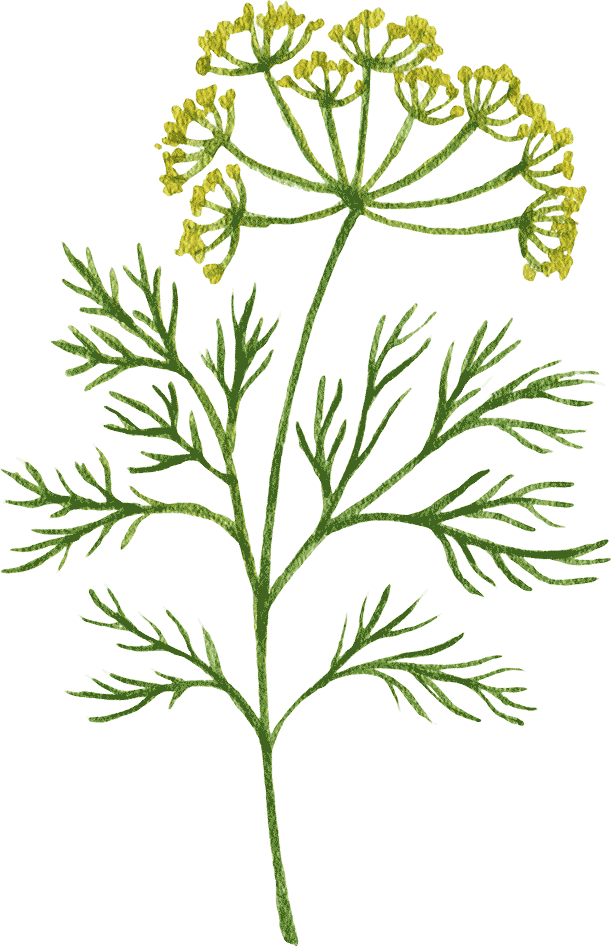
Figuring out your goals, your why if you will, before you get started and start buying and digging up and building, is going to set you up for success so much better than just jumping into a design or a plan.
Goal One: Beauty in the Garden
We typically focus on three different kinds of goals in the garden. The first is beauty and aesthetic because the garden is beautiful. Thinking through if my goal is for my garden to be as beautiful as possible, to line up with my home, and to be an add-on to the value of my house and my landscape.
If my goal in the garden is beauty, what should be my first step?
Goal Two: Garden Production
The second goal that we see a lot with clients and we've had ourselves is production. The goal could be, “I just want to get the most out of my space as possible. I want to be harvesting as often as possible, as much as possible.” And even inside that production goal, it could be whether you want more variety or more quantity.
Deciding if production is more important to you than beauty. The way that might impact your decision, your design and your plan would be, for instance, that you would pick a sunnier spot in the yard that doesn't necessarily look as beautiful or align with the other lines of your landscape and your home, but it's the sunniest, so you're going to get more production out of that space.
Goal Three: The Experience in the Garden
The third goal that we often set out for our clients and we hear our clients say they're interested in is the experience.
This could be an educational experience where they just want to learn. They want to learn how a lot of different things grow. They want to learn how the seasons work. They want to see something grow from seed, all the way to harvest, back to seed again. It could be a learning curve experience and an educational experience that you're going for.
Another experience that some people are going for is a relational experience. They might have a preschooler and they really want to have a garden as a place for a connection with their preschooler or a place where they can chat and discover and do chores together and harvest together. Things like that, more relational than necessarily educational.
We've had clients where their parents had come to live with them. They had an aging mom or aging father and they're living together now. They're wanting a garden that's accessible to both of them so that they can go and experience and enjoy the garden together.
Experience could be your main goal or it could be something else. Maybe you've got an entirely different goal for your garden. Maybe you want to make dye out of your garden.
You want to be able to grow things that are going to produce colors for you so you can die fabrics or yarns or ribbons. Or let's say you want to have a flower cutting garden, so your goal is to be able to go out and cut something from the garden. It can be anything, but the main thing is to take a little bit of time before you meet with your consultant to think through your goals and your primary goal.
It's rare that someone only wants one thing. I mean, we're growing food here so, in general, we're all wanting some level of production from the garden, but it is great to rank your goals so that if you know for sure that your number one goal is beauty.
You’re going to look out your window and love the way your garden looks and be so proud of it and feel relaxed when you look at it. You want it to be a place where you welcome your neighbors to come visit or host parties. Or, I do not want to buy any greens from the grocery store for the next six months. Production is my top goal. Give me a garden that's going to make that happen.
You can rank your goals and then even try to specify your top one. Then you're going to take that goal and ask your consultant, “If my goal in the garden is X, what should be my first step?” and they're going to help you know that.
Determining Your Main Reason for a Kitchen Garden
For instance, we talked through, if production is your goal, then they're going to try to maximize your space. They're going to try to give you as much space as possible. They're going to try to help you grow as much in each space that you're growing as possible and they're going to guide you to grow things that produce more quantity.
If your goal is to connect with someone relationally, then the garden will be more designed around that relationship. If it's a preschooler, perhaps there'll be more flowers added to the garden, more colors, more children-specific plants in the sense that they'll be planted to interest kids more than, perhaps, a production-focused garden would. As you can see, there are all different kinds of tangents you could head down, all different kinds of paths to go here.
Setting out your goal for the garden and the main reason why you want to be developing or designing or creating a new garden is going to help guide your conversation with your garden consultant so much.

Setting out your goal for the garden and the main reason why you want to be developing or designing or creating a new garden is going to help guide your conversation with your garden consultant so much.
Your Garden Goals Can Change Each Year
What if you don't know your goal for the garden yet? What if you’re thinking, “Hmm, I think it's production, but I think it also could be beauty.” You can actually bring that dilemma to your garden consultant and say, “I'm having a hard time picking my main priority for this garden,” and discuss it with her or him. They can give you some guidance.
I'll say from my own experience, I have different goals every year. When I first started, it was all about the relational experience with my children. They were all preschoolers. They were all home all day, every day with me and the garden was all about connection and finding ways to give them jobs in the garden, to connect with them, things like that.
As they've gotten older and I've gotten older, my goals have changed and you can see as I go along that beauty really has become a bigger priority for me and my garden than necessarily experience or production.
Although, those are obviously still important.
What Have You Had The Most Success With In Your Garden?
The third question to ask your garden consultant is, what have you had the most success with in your own garden and what have been the biggest successes of your clients?
This is going to give you some parameters.
This is going to start to put a little bit of borders around your garden dreams and start to give you a good reality check and understanding of the possibilities. First you got the full picture of what's possible in your climate from your first question of what's possible every month in the garden. This question is going to give you a better understanding of what people like you are doing in your town or city right now or in the past.
A Consultation Is An Opportunity To Gain Wisdom and Understanding
Just ask your consultant what they've had the most success with, what they harvest from most often, what crops have been the most successful for them and what they enjoy the most from the garden.
Part of the purpose of setting up a consultation in the first place is to gather as much wisdom and understanding from this person who's a few steps ahead of you as possible.
As they share their experiences and their wins and successes, you can start to take notes and understand what will be possible for you, too. Then second, asking them what have been the biggest successes of their clients. This is going to help you to start to gauge what your future's going to look like as you start to expand or grow or design your own garden too.
Because you can see that it's not just possible for the consultant but for students and clients of this consultant, they're having successes with X, Y, and Z. This is something that I've learned over the years.
Experience Creates Teachable Experiences To Others
In the first few years with Rooted Garden, I really started to get a grasp of what was possible to pass along to other people. I'll have to say, as a teacher, when you start teaching something, any skill, anything that you've mastered or started to understand yourself, there's that period of gray when you're not sure what all is going to be catchable, if you know what I mean. What all of that I'm going to teach is my student actually going to pick up on and have success with?
It took me, honestly, probably a dozen or more students and clients with Rooted Garden before I started to see a good pattern and then it really started to play true. I would start to see that clients really are not buying any herbs from the grocery store anymore.
That was pretty clear about six months to a year in that clients were good on herbs. That no matter their level of sophistication in the garden or their level of experience, once I set the garden up for them the Rooted Garden way and now the Gardenary way, they did not buy herbs from the store for the year.
I mean, they just could harvest again and again and use all that they had from the garden. Then, I started to see that they were also having success with greens and lettuces in the right season. They sometimes almost had too many greens from their garden. With the right setup, they were having tons of success with greens. And then I was seeing more sporadic success with things like tomatoes and peppers and beans and cucumbers and squash.
Some would have success, some would have less success. As we went on, we learned how to set them up more for success and then measure it.
A Garden Consultation Will Help Set Your Expectations In The Garden
Those are patterns that I could share and then reflect on my own experience and realize, “Oh, that actually was the way I learned to garden too.” It was from that experience that I set up the Gardenary pathway which is herbs, then salad greens, then a full kitchen garden. I did that because I saw it in my own pattern of success and then in my students and clients. It's really great to ask your consultant about their own experience, particular to your climate, and then what they're seeing their clients have success with as well.
Like I said, this is going to reign in your expectations.
Oftentimes we'll meet with a client who's just so excited.
They watched a documentary on farming or they're going vegan or they have something that's excited them about eating more vegetables and fruit -- which is awesome -- and they're ready to grow all the things. All the things. They want to grow all the fruit and all the vegetables and pumpkins and squash, and their list is a mile long and they only want to grow in one bed. One border bed that's two by ten feet long. They've got 20 square feet of garden and about 2 million square feet of dreams and asking a question like this is really going to help you reign that in and understand, “Okay, what's possible with my particular space and what are other clients and students doing in my area already?”
Ask Yourself, What is My Path Moving Forward?
The fourth question to ask is, if I follow your recommendations, where could I be as a gardener six months from now, one year from now, and three years from now? Again, we're talking about setting expectations and starting to understand your path forward.
With the first question, you get clarity on the possibilities for your whole year. What's possible in your city based on your climate and surroundings. The second question helps you to hone in on your goal, your why for the garden, whether it's production, beauty, or experience. The third question helps you see what's already been achieved both by your consultant and her or his clients.
This question is going to help you start to chart your path forward. If I take your steps, if I set up the garden the way you teach me to, then where can I see myself? What is my path going to look like six months from now? A year from now? And three years from now?
With this question, your consultant's going to be able to chart a path for you for what you can learn in a short period of time, a longer period of time, and a couple of years. Again, this is going to help set your expectations and help you not get overwhelmed or frustrated in the first few months of growing, and also help you to see gardening as a long-term game.
Most adults that I know that take on a new hobby or skill as an adult for most other subjects seem to have a pretty clear understanding that it's going to take a while to master it.
Get A Long Term Picture For Yourself
For instance, my husband Jason, took up running as an adult.
He ran some, I think, in high school and college, but he really took it up as a sport he wanted to improve upon in adulthood. We were talking about this just the other day about when you first get started learning something. I won't go into too much detail, but basically it took him a while. It took him weeks and months to build up the stamina to run a three miler or a five miler. Then it took him a while to up his speed and his efficiency and before for too long, probably six months in or so, he was able to run long distances.
Then a year in, or a year and a half in, he was able to regularly run a half marathon distance, which is crazy to me. He built up that skill with lots of practice over time. He knew that on day one he wasn't going to walk out and run a half marathon. It took a long time to build up to that stamina.
Getting this long-term picture for yourself as a gardener is super great because it helps you to see gardening more as a sport, more as a skill that you're going to slowly acquire rather than something that you're either born with or not. Like that weird idea of a green thumb. This is going to help debunk the green thumb myth and help you understand that you've got tons of possibility and potential in front of you and a super bright future. You just have to stick with it and keep on growing. Let them chart out for you what six months, a year, and three years can look like if you follow their protocol and do the things that they say.

Getting this long-term picture for yourself as a gardener is super great because it helps you to see gardening more as a sport, more as a skill that you're going to slowly acquire rather than something that you're either born with or not.
If You Were Me What Would YOU Do?
The fifth question is honestly my favorite. If a client asks me this, I just want to give them a big hug.
Of course, I would never do that right now because of COVID, but in normal circumstances, hugs are due when a client asks me this question.
Are you ready for it?
This is the question you should ask any expert of any subject matter, honestly. If you were me, what would you do?
If you were me what would you do? Many times, we’ll be with a client and they have their idea of where the garden should be, how the garden should be designed, how big it should be, how small it should be, what it should look like, what they want to grow. It's hard to not come to a consultation without your own initial ideas.
We go through the steps and our goal is to make a garden that our clients love and want, so we're happy to direct the conversation and the planning in their direction.
But at the end of the consultation, even if they don't ask, we try to say, “Now if I were you, I’d do this.” It's basically just a polite way to say, if you let me boss you, then I would tell you to do it this way and that might be a different way than you were planning on.
This to me is the beauty of the consultant. My mom is an interior designer and she owned her own business.
I like to say she was the Fixer Upper before there was a Fixer Upper. She bought all kinds of homes while I was growing up and she would fix them up with her interior design friend, and then they would sell them and it was super fun.
My mom, even though she is an interior designer and has helped hundreds of people in their homes, she's often hesitant to help me or to give me her advice.
I'll say, “I'm thinking of painting this wall yellow,” and she'll be like, “That’s nice.” She'll say, “Okay, cool. That sounds like a great idea,” and she just goes along with whatever I say.
It took me a few years to realize she's actually trying not to butt in and she doesn't want to take over or be that mom. She's just letting me do my thing.
It took a few years and a few big mistakes of my own in my home to stop from saying, “I want to do this,” and instead say, “Hey, if this was your house, what would you do?” When I ask her that question, I get such a better reply because she says things like, “Actually the yellow is a really bad idea.”
Herb Garden Guidebook
Herb Garden Guide Ebook guides you through the step by step to set up your own container herb garden and how to grow your own delicious, edible herbs at home.
That's really any time you hire a consultant or a coach in any subject or any new skill. It's a great question to ask them. “If you were me, what would you do?” You're going to get a great answer from your consultant when you ask them this. They're going to step back and say, “I actually would put the garden over here,” or, “I would grow this,” or, “I would prioritize this instead of that,” or, “I would wait a bit,” or, “I would start small,” or, “I would go big.” Who knows what answer they're going to have, but the great part of their answer is, it's based on all their experience.
Everything they've done, to date, in their own garden and all the clients and students that they've helped before you. They're bringing all that to the table when they give you advice vs. just you and your ideas or what you've seen on YouTube or a garden blog. They actually have the practical hands-on experience right in your area and they're going to be able to speak directly to your particular spot.
That is it guys. Those are the five questions that I recommend asking your garden consultant when you meet. Let's review and then I'm going to tell you three things that you want to look for when you're hiring a garden consultant in the first place.
Number one, what are the possibilities in the garden each month of the year in my town or city?
Number two, if my goal in the garden is X -- and X could be beauty, production, experience, or something else -- then what should be my first step?
Number three, what have you had the most success with in your own garden and what have been the biggest successes of your clients?
Number four, if I follow your recommendations, where could I be as a gardener, six months from now, one year from now and three years from now?
Number five and the one you should ask if you don't ask any of the other ones, if you were me what would you do?
Hire A Garden Consultant From Your Area
Those are the five questions.
Let's finish up with three things that I encourage you to look for when you're hiring a garden coach or consultant.
Number one is that they are from your actual area.
They have gardened in your space. When I started Rooted Garden and I started sharing my work on Instagram, I would have people ask me from all over if I did the same thing in their area. They might be from all different parts of the country or the world and I was tempted. I was tempted to answer and to give them direction. To be fair, there are general principles about gardening, even my book Kitchen Garden Revival, definitely speaks to people that live in all different kinds of climates and I help you to chart your seasons wherever you live, but there's no substitute for getting a person who gardens in your town to help you.
That's why I started the Garden Coach Society in the first place, because I realized that I could bring people so far, but that the consultant who lives in that person's town, who's gardening in the exact same climate -- they're having the same amount of rain, the same amount of sunshine, the same amount of storms, the same amount of winter -- that person is going to be the best consultant for anybody wanting to garden in that town. It’s just like an Uber driver who has driven in Nashville. He's going to be the best Uber driver for Nashville. He's not going to be that great of an Uber driver in San Diego. The person who knows where to send you with their Airbnb in Chicago is not necessarily going to be the best person to direct you with Airbnb in Washington state.
Local is always best and finding a garden consultant who is gardening in your town or city is going to put you so far ahead because they're going to be able to answer question number one, what are the possibilities in the garden each month of the year in our town or city? They're going to be able to answer that in a way that nobody else can that lives in other parts of the country. Look for a garden consultant that is from your area. Number two, you want to find a garden consultant who's helped others learn to be successful in the garden.
Hire A Great Garden Teacher
My husband and I laugh about this, but there's a difference in someone who is successful in a field and someone who's successful in a field and can teach it.
We laugh about this because we both have worked in industry and people will move up the ranks, I guess, wherever we're working and they're super great at a certain skill, but they're actually horrible at managing.
Have you guys ever been in that experience where you think they're really good at doing X, but they're horrible at teaching it. Just because someone knows how to garden or has had success in the garden, doesn't necessarily mean that they have a really clear and good way of conveying that to you and teaching it to other people.
You want to ask for their portfolio and ask, “Who else have you helped in the garden? Who else have you taught? Show me some of the work that you've done with other clients and students.”
Look For A Garden Consultant Who Can Help You Make A Plan
Then the third thing I recommend asking when you're hiring a consultant is, do you have a plan? Do you have a step by step plan? The best consultants are going to be the ones who've taken all their experiences in the garden and they've really created a framework from the things that they've learned.
It's not just this mass of knowledge. I don't know if you've ever experienced this, but sometimes I'll ask someone who is very well versed in something in the garden. I find out they're a farmer, they work at a CSA or they're at the farmer's market or something, and they're clearly a master of the trade of gardening but when I ask them questions, they don't know how to convey that over to me in a clear, four step plan.
You want to ask them, do you have a plan for new gardeners or whatever level of gardener you're at when you're setting up your appointment. Just making sure that they have a clear plan for you and something that is their signature. We teach this inside of Garden Coach Society, that all of our garden consultants should have a framework.
They should have a step-by-step, very simple, easy to follow plan that all their clients can go along with. Because I found that with Rooted Garden, with my clients there, that is just so much simpler when you have a few key steps that everybody goes through. It simplifies it and you become a master of it.
Gardenary Garden Coaches Are Here To Help
Those are three questions to be thinking about when you're looking for a consultant. Number one: they're from your area, number two: they have helped others learn to be successful in the garden and number three: they have a step by step plan for you to follow.
If you're listening to this and you're thinking, “I don't know if there is anybody like that in my area,” well, ding, ding, ding! That's why I'm on a serious mission to train garden consultants to start their own businesses around the country.
You can find out on a quick search on gardenary.com/businesses and you'll see all the garden consultants that have been trained by Gardenary to date, that are registered in our directory. You can search by map and pick a state there and see what consultants you can find closest to you.
My recommendation is find the ones that live closest to you as possible and start to see people that could help you. They have all been trained in the things that I'm talking about today, knowing how to direct you, how to help you move toward your goals, how to answer the question, “If you were me, what would you do?” They've all been trained to have a step-by-step plan to guide you along.


Make Your Garden Goals Happen This Fall
Gardenary trained Garden Coaches are here to help you start your fall garden.
Come Check Out The Garden Coach Society
If you're a gardener and you're thinking, “I could do the things you're talking about today. I could do this for someone else,” then you should definitely come and check out the Garden Coach Society. As I mentioned in the intro, we are recruiting new gardeners this month and we'll be closing our final enrollment for Garden Coach Society in the upcoming days, depending on when you're listening to this.
You can go check out the update at gardencoachsociety.com, depending on when you hear this and see if you can sign up or you can take the garden coach challenge. The next one coming up atgardenary.com/challenge.


Turn Your Experience Into A Business
The Gardenary Mission
We are on a mission to train thousands of gardeners to start their own garden business so that we can do the thing I said at the beginning: flip the garden industry from product to people. We want to do that by making garden consulting a profitable profession for thousands of gardeners around the world. It’s pretty fun. I want to become the Airbnb of gardening, where people come on to the Gardenary platform, search for a garden consultant, and find them right away to get the help that they need in their garden to move to the next step. That is the vision.
Are you ready to set up your garden consult? I hope you are. Now you have the five questions that you need to ask your consultant when you meet. If you don't want to meet with a consultant, I understand, so maybe you could ask yourself these questions. Or get a group of friends that are gardening near you and have a little discussion. Talk through these five things and pretend to be consultants for each other. Somebody said, “The quality of your life depends on the quality of questions you ask.” I forget who. I'm so sorry if you're the person who said that and didn't give you credit, but basically the idea is you when you ask good questions, you get good answers.
Thanks so much for listening to the Grow Your Self podcast. I really appreciate it and I hope that this inspired you to set up your garden consult right away. Don't forget, you can check out all the Gardenary consultants that already have their businesses listed in the directory at gardenary.com/businesses and see if you can find one close to your area. Don't forget that this week's episode is brought to you by Garden Coach Society and we'd love to have you in the society. If you're an experienced gardener and you want to learn how to create a business where you teach people how to take the next step in their garden, we would love to have you in the society. You can learn more about signing up at gardencoachsociety.com.
Thanks again for listening to Grow Your Self. I'll see you next week.
Start 2021 With a Kitchen Garden
Starting your garden, planning your garden, thinking about your 2021 garden right now with some really good questions and setting up your garden consult in the fall rather than in the winter or spring is going to set you so far ahead and help you plan out the most fantastic 2021 ever. Obviously, it's going to be the most fantastic 2021 because it's the only one, but it'll be the most fantastic year. Definitely better than 2020.
Thanks so much for listening to the Grow Your Self podcast, you're the best. I appreciate it so much.
Thank you for making the garden industry about people and less about products. I think that we are well on our way to changing gardening and the industry and bringing back the kitchen garden together.
Thanks again for listening.
Don't forget that we are collecting your stories for Kitchen Garden Revival. We're going to have an episode dedicated to your kitchen garden revival. If you haven't already, please submit your kitchen garden revival story. You can email it to hello@gardenary.com and we'll be excited to accept it.
We'll be compiling your stories in a fun episode that's going to tell all your kitchen garden revival stories in one episode. Please send in your story. You can do it via audio, video, both or just photos, however you want to do it, but we'd love to tell your kitchen garden revival stories. Send us your story hello@gardenary.com.
Thanks so much. I hope you have a great week and I'll see you here on Grow Your Self next Wednesday.

